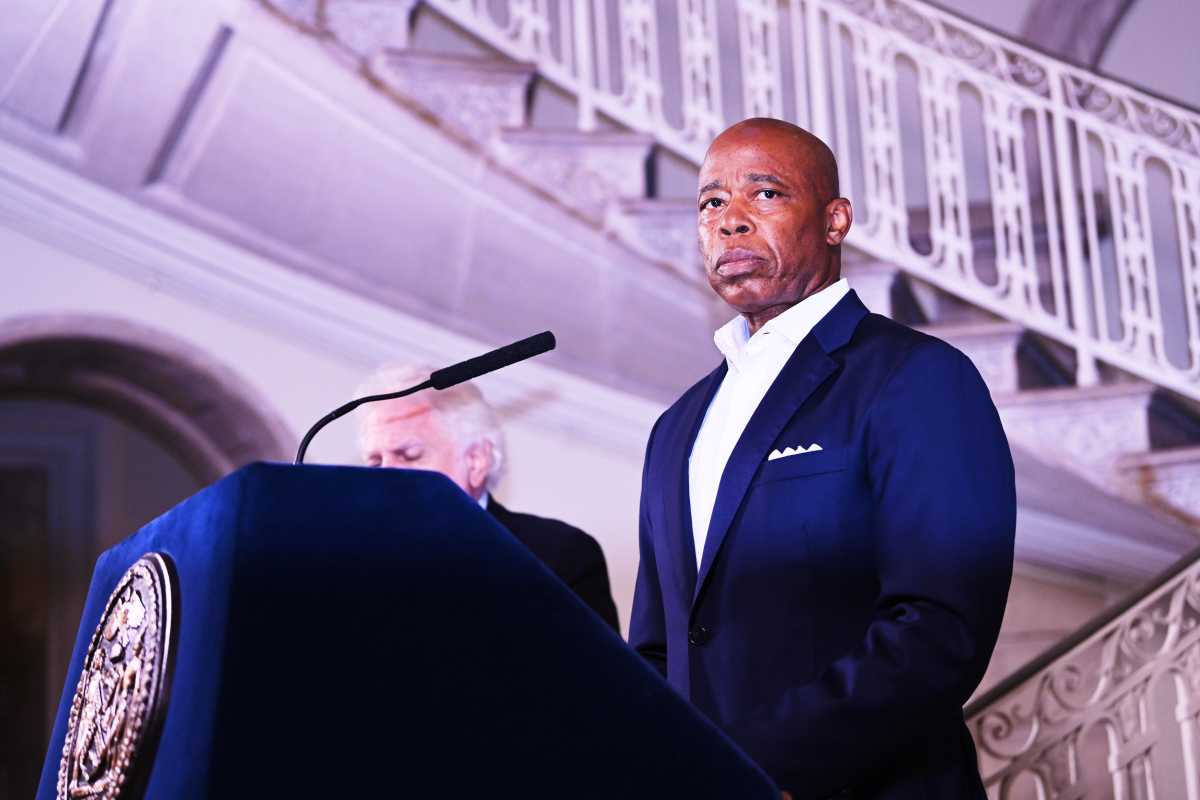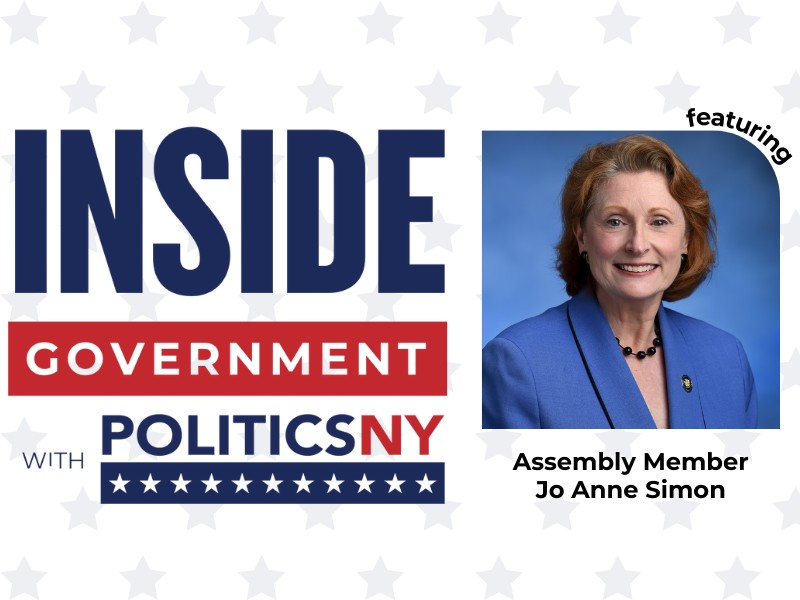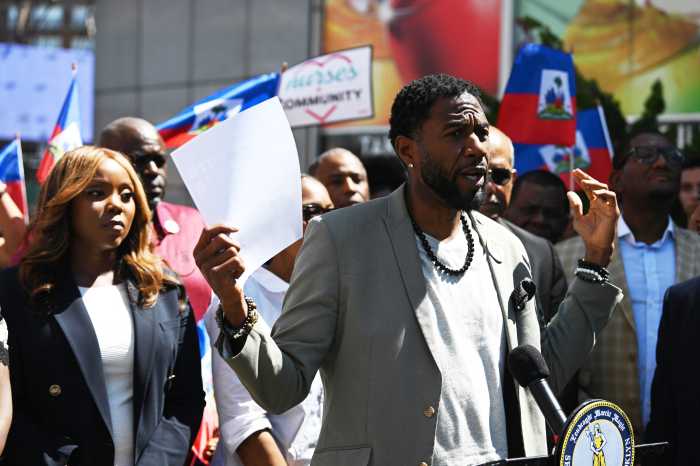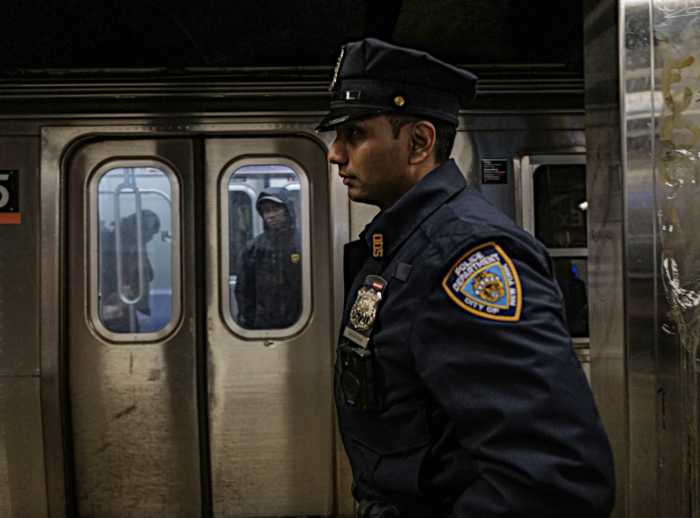One of the biggest issues in Brownstone Brooklyn concerns a proposal to allow the city to charge for street parking in residential areas — and limit sales of the so-called “residential parking permits” to neighborhood residents. Supporters say that such a plan would create more parking for residents by limiting outsiders from parking in their neighborhoods. Opponents say that a parking is not a birthright, and all car owners must compete for them, like any finite resource. Here’s what candidates to replace Councilman Bill DeBlasio in the district covering Park Slope, Carroll Gardens, Cobble Hill and Windsor Terrace think:

“I favor a Brooklyn-wide plan. But I am concerned about any plan that makes it more difficult for people in Windsor Terrace or Kensington to bring supplies for a picnic in Prospect Park, for a Little League coach to bring soccer equipment to the Parade Grounds, or for a woman who runs a small gardening business in Carroll Gardens to visit clients in nearby neighborhoods. To really address the parking and congestion problems in our neighborhoods, we need broader solutions. I support efforts to open up more parking spaces on our commercial strips [such as improving] public transportation, adopting a congestion pricing system that discourages car-commuting to Manhattan, and continuing to make our neighborhoods more attractive for biking and pedestrians.”
Brad Lander
Brad Lander

“Permits are a key part, but only a part, of the overall parking, congestion, and transit funding puzzle. I support a plan that dedicates revenue to improving the transit infrastructure and investments in complete streets. We need to price, even if nominally, the resource of on-street parking. People are conditioned to the notion that they can use a public resource, curbside space, to store their private automobiles for free. Second, residential permits do make it more likely that one can find a space in less time, reducing circling, congestion, and emissions. Third, people who currently “park and ride” to avoid paying for municipal or private parking garages will quickly adapt to avoid fines, further reducing traffic congestion and emissions. It’s no panacea, but a permit plan is an important component of an overall plan to reduce traffic congestion, manage our public street space, and fund our chronically malnourished transit system.”
Gary Reilly
Gary Reilly

“I support a citywide parking permit if, and only if, it is part of a larger plan that addresses traffic issues — a plan that is voted on by the City Council and not imposed by the Mayor. I oppose a residential neighborhood-based permit system, which discriminates against residents of neighborhoods with fewer services or recreational options. A neighborhood-based permit system would also hurt local businesses. Commercial strips like Atlantic Avenue, Smith Street and Coney Island Avenue serve customers from all over Brooklyn. Every Brooklyn resident should be able to park anywhere in our borough to have a family dinner or go shopping. There is indeed a need for more parking spaces in our neighborhoods as well as fewer cars. Managing this problem requires a comprehensive approach — including an examination of alternate-side-of-the-street parking. Paying a small fee for a parking permit could be an incentive for New Yorkers to get out of their cars and reduce our city’s carbon footprint. The permit system only works, however, if other policies are also modified.”
Josh Skaller
Josh Skaller

“I absolutely support permits. They’ll reduce congestion on our streets, increase the number of available parking spaces, and allow us to invest money in public transportation at the same time. While I am delighted that Assemblywoman Joan Millman and state Sen. Daniel Squadron have followed my lead and proposed another residential parking permit plan two weeks ago, I’m disappointed that their plan, unlike mine, funnels the money from the parking permits into that sinkhole called the MTA. My plan, on the other hand, would raise revenue that would be reinvested into free transportation alternatives, including shuttles, and a ‘Brooklyn Jitney’ for every neighborhood.”
Bob Zuckerman
Bob Zuckerman

























